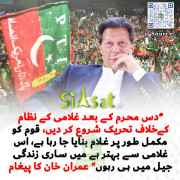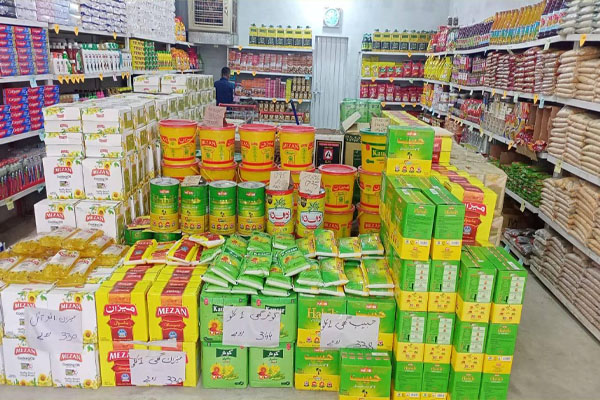http://www.facebook.com/sharer.php?...ald’s than to Mahatma Gandhi | PKKH.tv&src=sp
 Obama can't find his idol Gandhi in today's McBrahmin India
Obama can't find his idol Gandhi in today's McBrahmin IndiaToday, Gandhis nation is teeming with Hindu extremist groups and the state is armed to the teeth with latest weapons, while most Indians remain poor. Gandhi admirers forget that he was assassinated by the Indians themselves.
Monday | 8 November 2010
NEW YORK, U.S.Modern India, which is moving towards tighter military ties with the United States, is hardly the country envisioned by Mohandas Karamchand Gandhi, an advocate of nonviolence, The New York Times commented Sunday.
Gandhi remains Indias patriarch, the founding father whose face is printed on the currency, but modern India is hardly a Gandhian nation, if it ever was one, the newspaper said in a dispatch on President Barack Obamas visit on Saturday to the Mani Bhavan Gandhi Museum in Mumbai, housed in a private residence where the Indian leader once stayed.
Gandhi is one of Obamas political heroes, along with the Reverend Dr. Martin Luther King, the American civil rights leader who fought for the rights of African-Americans, and Abraham Lincoln, a former US president who successfully led the country through its greatest internal crisis the American Civil War, preserved the Union, and ended slavery.
His (Gandhis) vision of a village-dominated economy was shunted aside during his lifetime as rural romanticism, and his call for a national ethos of personal austerity and nonviolence has proved antithetical to the goals of an aspiring economic and military power, correspondent Jim Yardley wrote.
If anything, Indias rise as a global power seems likely to distance it even further from Gandhi. India is inching toward a tighter military relationship with the United States, once distrusted as an imperialist power, even as the Americans are fighting a war in nearby Afghanistan, the dispatch from Mumbai said.
India also has an urbanizing consumer-driven economy and a growing middle class that indulges itself in cars, apartments and other goods. It is this economic progress that underpins Indias rising geopolitical clout and its attractiveness to the United States as a global partner.
Gandhi is still revered here, and credited with shaping Indias political identity as a self-claimed and alleged tolerant, secular democracy. But he can sometimes seem to hover over modern India like a parent whose expectations are rarely met.
Mr. Obama, too, has experienced the clash of those lofty expectations with political realities. When he accepted the Nobel Peace Prize, even as he was conducting two wars, he described himself as living testimony to the moral force of the non-violent movement embodied by Dr King and Gandhi.
That paradox was on vivid display on Saturday when Mr. Obama arrived in Mumbai, an event carried live on national television, celebrating Gandhis legacy but also selling military transport planes and bringing along 200 American business leaders.
Indias political establishment, if thrilled by the visit, is also withholding judgment. Mr. Obama was faulted in New Delhi for some early missteps, including his comment that China should play an active role in South Asia. His battering in the midterm elections has raised concerns about his political viability. And many Indian officials still hold a torch for former President George W Bush, who was popular for pushing through a landmark civilian nuclear deal between the two countries.
Mr. Obamas visit is intended to dispel those doubts and deepen a partnership rooted in shared democratic values. Since taking office, he has already met several times with Prime Minister Manmohan Singh, as well as with other delegations of Indian officials. On several occasions, he has cited his deep admiration for Gandhi, perhaps as evidence of his fondness for India.
The impression on the Indian side is every time you meet him, he talks about Gandhi, Shekhar Gupta, editor of The Indian Express, was quoted as saying by the Times. He remarked that the repeated references to Gandhi struck some officials as platitudinous.
Gopalkrishna Gandhi, a grandson of Gandhi, bemoaned the corruption and money contaminating Indian politics, but was quoted as saying that Gandhis spirit could still be found among the Indian civil society groups helping the poor and protecting the environment.
ARTICALE TAKEN FROM A PAK NEWS WEB
























